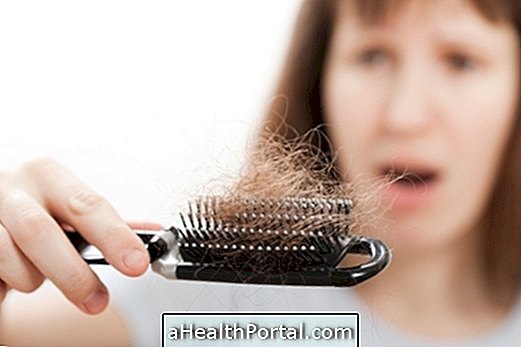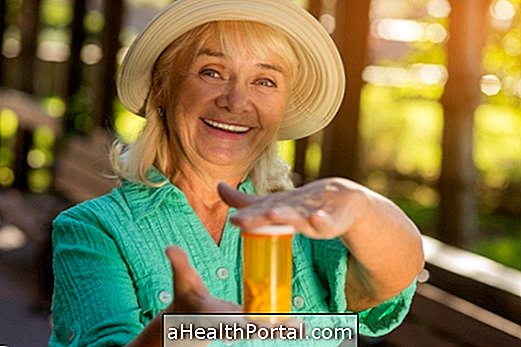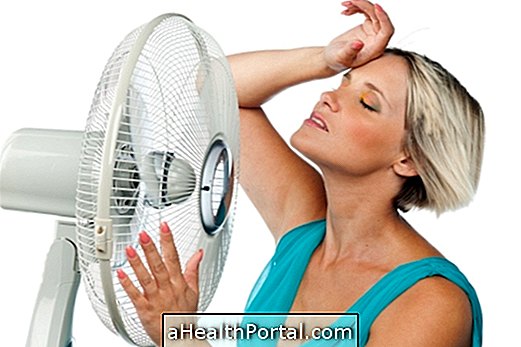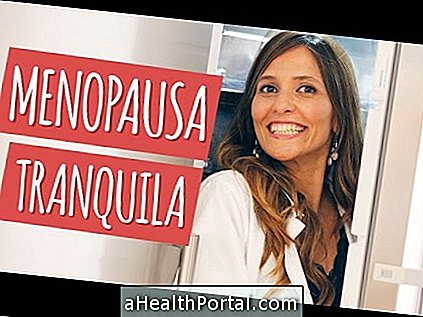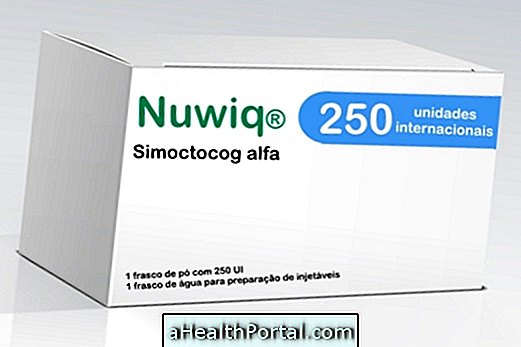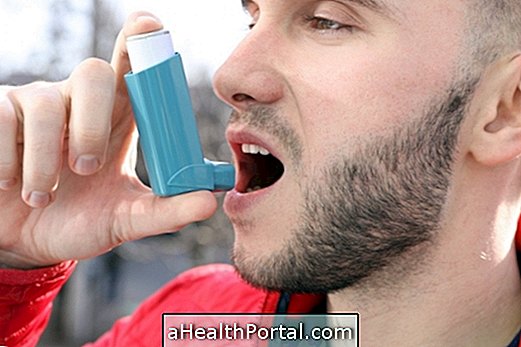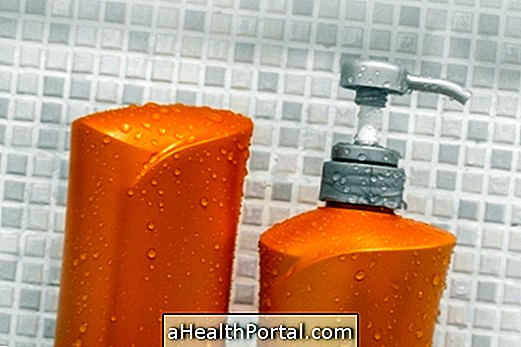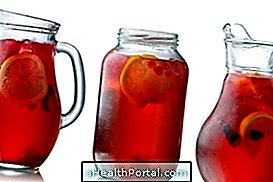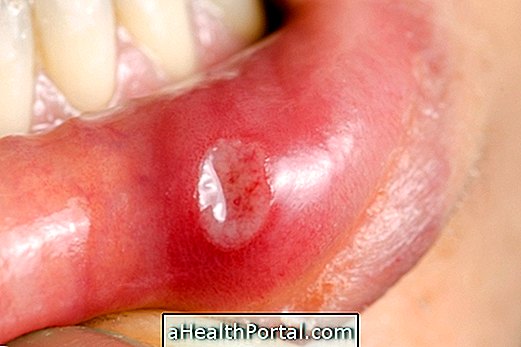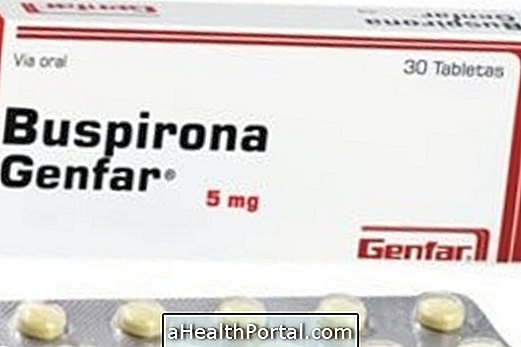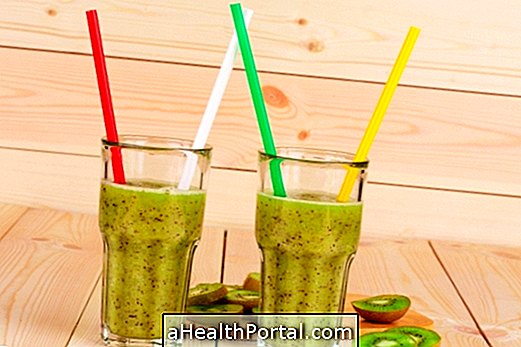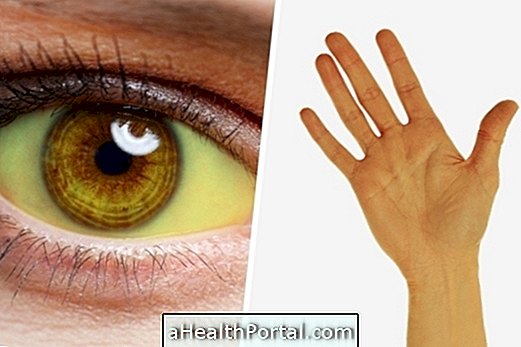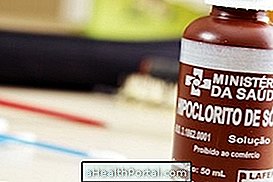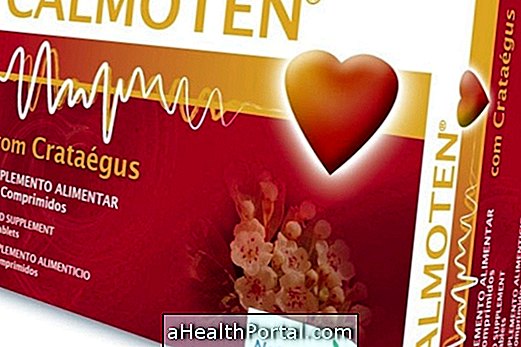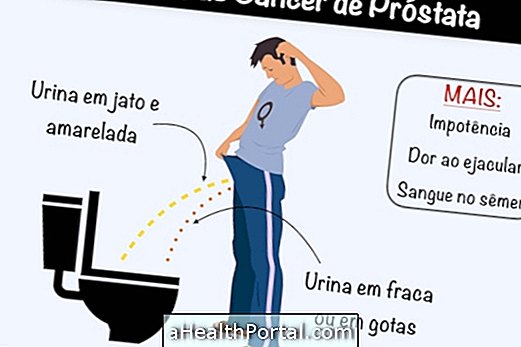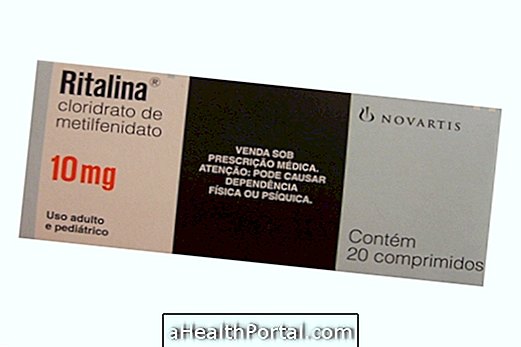Some vitamins and minerals like calcium, magnesium, and vitamins C, D and E can help reduce symptoms such as hot flashes that get the body to sweat, vaginal dryness and fat accumulation in the belly. But these dietary supplements should only be consumed with the indication of the doctor or nutritionist.
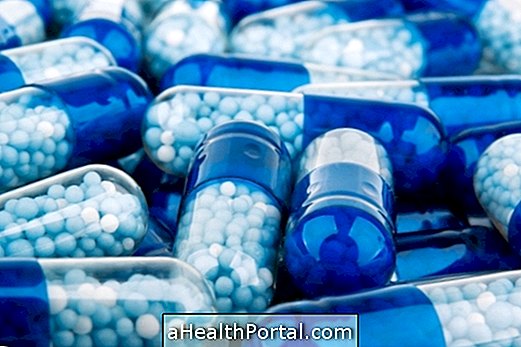
The vitamins and minerals that seem to be most relevant to reducing the symptoms of menopause are:
- Vitamin E - to relieve hot flashes, vaginal dryness and tenderness of the breasts. It also contributes to skin and nail health.
- Calcium - to help reduce the risk of osteoporosis, especially for women who have not opted for hormone therapy. Calcium supplements should be taken with food, because the presence of other vitamins and minerals help increase their absorption. Learn when menopausal women need to take calcium supplements.
- Magnesium - to improve the absorption of calcium.
- Vitamin D - to help absorb calcium, ensuring improved bone health
- Vitamin C and Flavonoids - to help lessen the heavy menstrual bleeding that usually occurs as menopause approaches. Flavonoids can also soften hot flashes and mood swings.
A diet with foods rich in these vitamins and minerals is an excellent strategy for maintaining health in menopause, but to do supplementation should be consulted the gynecologist who will know how to prescribe the appropriate vitamins and minerals in each case as well as the quantities needed.
Here's how you can feel better in menopause with the homemade and natural tricks in the following video:

